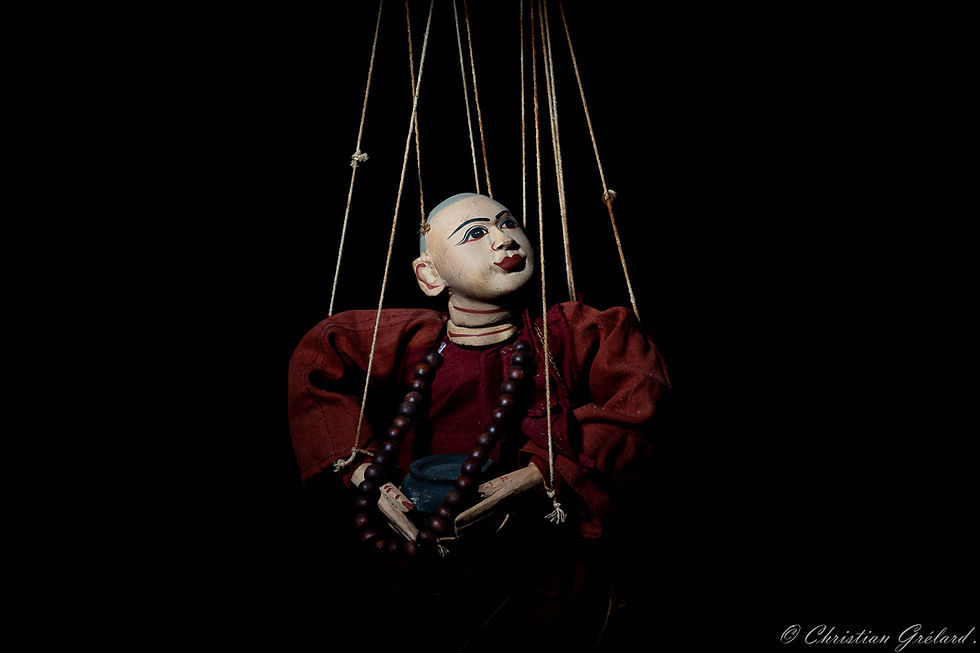Protecting Our Women and Girls? Unpacking the Hypocrisy Behind the 'Unite the Kingdom’ Protests
- Caitlin Hoyland

- Sep 21, 2025
- 4 min read
Updated: Sep 22, 2025

Over the weekend, upwards of a hundred thousand people took to the streets for the so-called Unite the Kingdom march, a protest that has been framed as an effort to "protect our women and girls", "defend British values", and push back against the government's perceived softness on immigration. Behind the St George’s flags and viral chants lies something more sinister: a far-right movement cloaked in the language of public safety.
Despite the protest being hailed by some corners of the press as “patriotic” and “peaceful”, violent outbreaks resulted in 24 arrests. This is striking when compared with the 890 arrests made during pro-Palestinian marches of protestors condemning the genocide of Palestinians. The stark and alarming discrepancy is also present in how these separate protests have been policed, reported, and responded to politically.
A resurgence of national flags across the country has accompanied the Unite the Kingdom march. But the way the St George’s flag has been adopted, often defaced, rebranded, or flown alongside openly racist slogans, tells us a lot about the underlying motivation. This is not about national pride. It is about exclusion.
One of the most frequently cited justifications for the march was the claim that protesters were standing up for the safety of women and girls. A story that has circulated widely (and dubiously) involves a man in asylum accommodation in Epping who allegedly tried to kiss a fifteen-year-old girl. Very quickly, this ignited mass protest and outrage across the nation. But where is that same energy when British women are assaulted in their own homes, in their workplaces, or by men in positions of power?
If this movement truly cared about the safety of women, it would not be selecting whose safety matters. Women and girls around the world are suffering in ways that have been well-documented and systemically ignored. In Sudan, reports of rape are widespread, used as a weapon of war. In Libyan refugee camps, women and girls are subjected to sexual violence and torture with impunity. In Palestine, women are being starved alongside their families in what leading human rights bodies including the United Nations recognise as genocide. Meanwhile, in Afghanistan, women and girls have been barred from education, employment, and even basic freedoms of movement. In France, a country hailed as part of the liberal West, women can be fined or arrested for wearing a burqa, and a state deciding what women can and cannot wear is no less authoritarian than any other force seeking to control women's bodies.
This narrative also ignores the deep, home-grown problems of misogyny and violence in Britain itself. For instance, rates of domestic abuse rise by up to 38 percent when the England football team loses a match. Yet, we do not see mass marches coordinated by Tommy Robinson or Nigel Farage calling for the reform of how the police handle domestic violence, or how women are repeatedly failed by the justice system. Apparently, the danger women face in their own homes does not fit the political agenda of these protesters.
The protection of women is not a slogan. It is a responsibility. It means taking women seriously when they say they have been assaulted. It means ensuring safe access to healthcare, housing, and employment. It means supporting survivors and dismantling the systems that enable abuse to thrive.
It also means recognising that not all women face the same risks. Some are targeted because of their race, religion, or immigration status. Yet, the same politicians and pundits claiming to march for women’s safety are the ones revoking family reunion visas, forcing women to remain in dangerous refugee camps, and supporting policies that lead to pushbacks at sea. These policies, in practice, leave women vulnerable to rape, trafficking, and death.
The Unite the Nation march was not a defence of women or children. These protesters were not demanding better laws to protect women from violence. They were not calling for refuge funding, for justice reform, for safety from domestic abuse or state neglect. Instead, they marched to uphold a myth of British identity that excludes anyone who does not fit their narrow, racialised vision of the nation. They exploited stories of harm to push an agenda that has always been about power, not protection.
This march was a mass mobilisation of racism, fuelled by fear, misinformation, and white nationalist ideology. The language of "protecting women" was nothing more than a smokescreen for a movement built on exclusion and hate. The march was for white supremacy, not women’s safety.
History tells us this is nothing new. The idea of protecting white women has long been weaponised as a tool to justify racist violence. From the colonial era to the lynchings in the American South, to the dog-whistle rhetoric in the UK press about “grooming gangs”, the alleged protection of some women has been used to justify oppressive, discriminatory, and violent regimes.
Ultimately, when the protection of women is invoked to justify the criminalisation of refugees, the banning of religious dress, the neglect of domestic abuse survivors, or the scapegoating of migrants, it is no longer a matter of safety. Instead, it becomes a tool of exclusion. Framing such policies as protective obscures their true impact: the reinforcement of racial and social hierarchies. Marches held under these banners may claim to defend women, but in practice, they advance a narrow and racialised vision of who deserves protection, and at whose expense.
Illustartion: Will Allen/Europinion
.png)



Comments